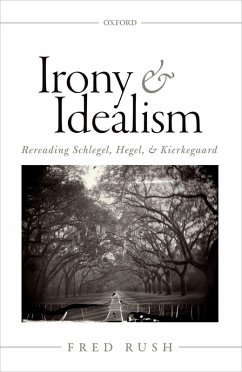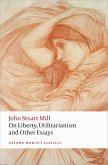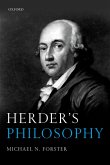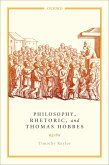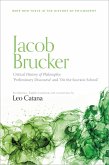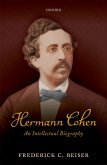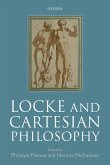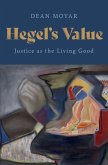Irony and Idealism investigates the historical and conceptual structure of the development of a philosophically distinctive conception of irony in early- to mid-nineteenth century European philosophy. The principal figures treated are the romantic thinkers Friedrich Schlegel and Novalis, Hegel, and Kierkegaard. Fred Rush argues that the development of philosophical irony in this historical period is best understood as providing a way forward in philosophy in the wake of Kant and Jacobi that is discrete from, and many times opposed to, German idealism. Irony and Idealism argues, against the grain of received opinion, that among the German romantics Schlegel's conception of irony is superior to similar ideas found in Novalis. It also presents a sustained argument showing that historical reconsideration of Schlegel has been hampered by contestable Hegelian assumptions concerning the conceptual viability of romantic irony and by the misinterpretation of what the romantics mean by 'the absolute.' Rush argues that this is primarily a social-ontological term and not, as is often supposed, a metaphysical concept. Kierkegaard, although critical of the romantic conception, deploys his own adaptation of it in his criticism of Hegel, continuing, and in a way completing, the arc of irony through nineteenth-century philosophy. The book concludes by offering suggestions meant to guide contemporary reconsideration of Schlegel's and Kierkegaard's views on the philosophical significance of irony.
Dieser Download kann aus rechtlichen Gründen nur mit Rechnungsadresse in A, B, BG, CY, CZ, D, DK, EW, E, FIN, F, GR, HR, H, IRL, I, LT, L, LR, M, NL, PL, P, R, S, SLO, SK ausgeliefert werden.

